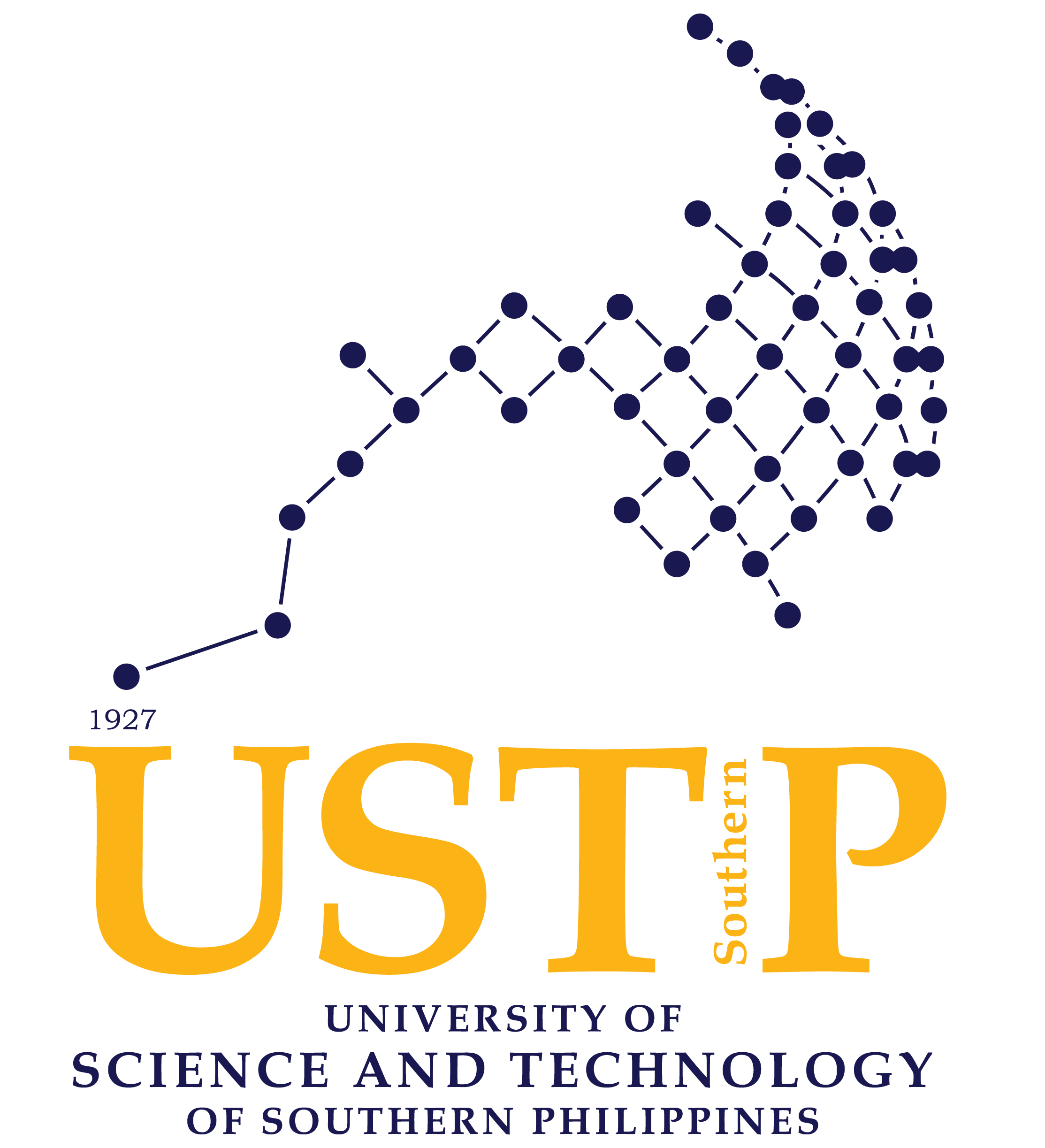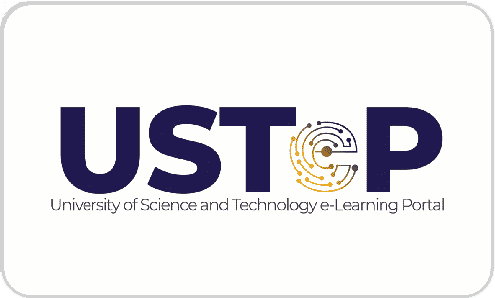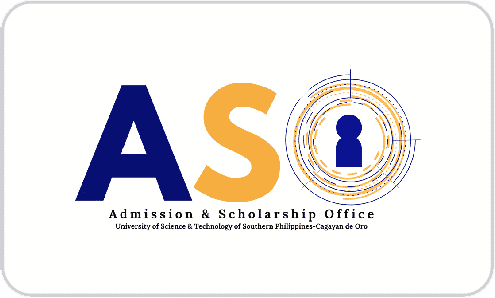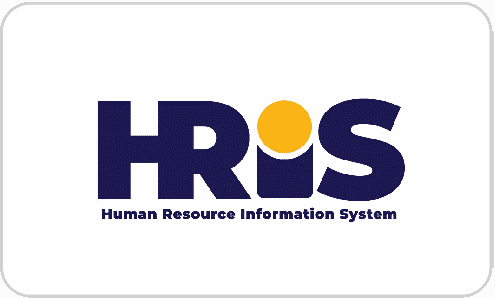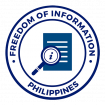USTP ECRD explores possible partnership with PBSP
By Jomerl I. Gomez, USTP System STRATCOMM
Share:
On June 1, 2022, the Extension and Community Relations Division (ECRD) of the University of Science and Technology of Southern Philippines (USTP) in Cagayan de Oro met with the Philippine Business for Social Progress (PBSP), a business-led NGO that operates at the nexus of corporate citizenship, sustainable development, and poverty reduction.
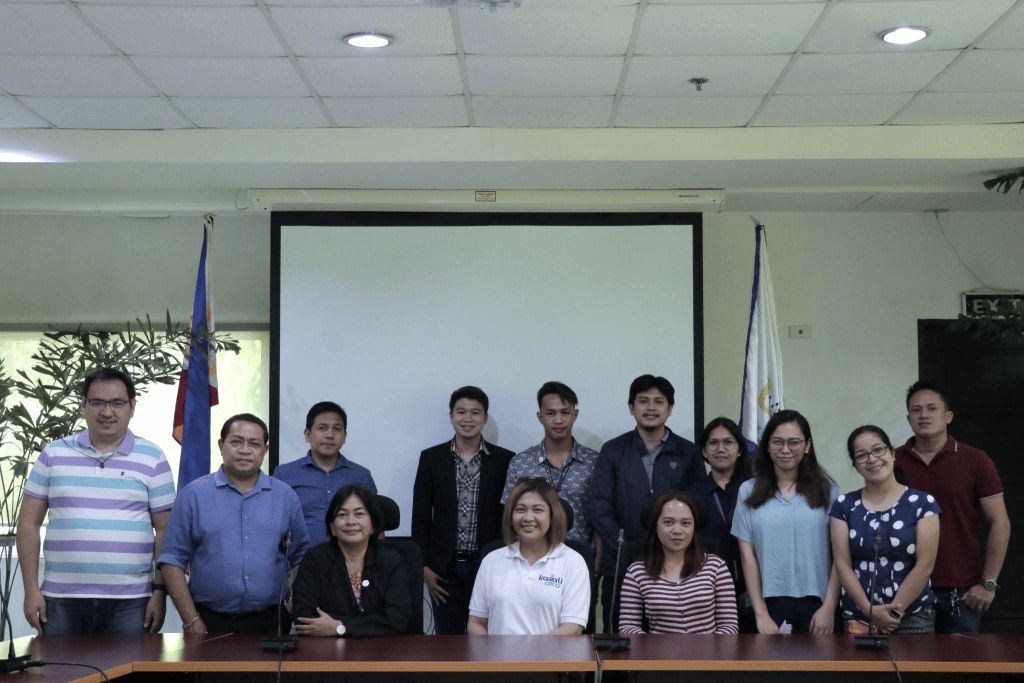
Several university officials from the USTP Claveria, USTP Balubal, and USTP Cagayan de Oro campuses – spearheaded by the Director for the USTP ECRD, Dr. Maria Teresa M. Fajardo – convened at the USTP CDO Board Room to explore partnership opportunities with the PBSP.
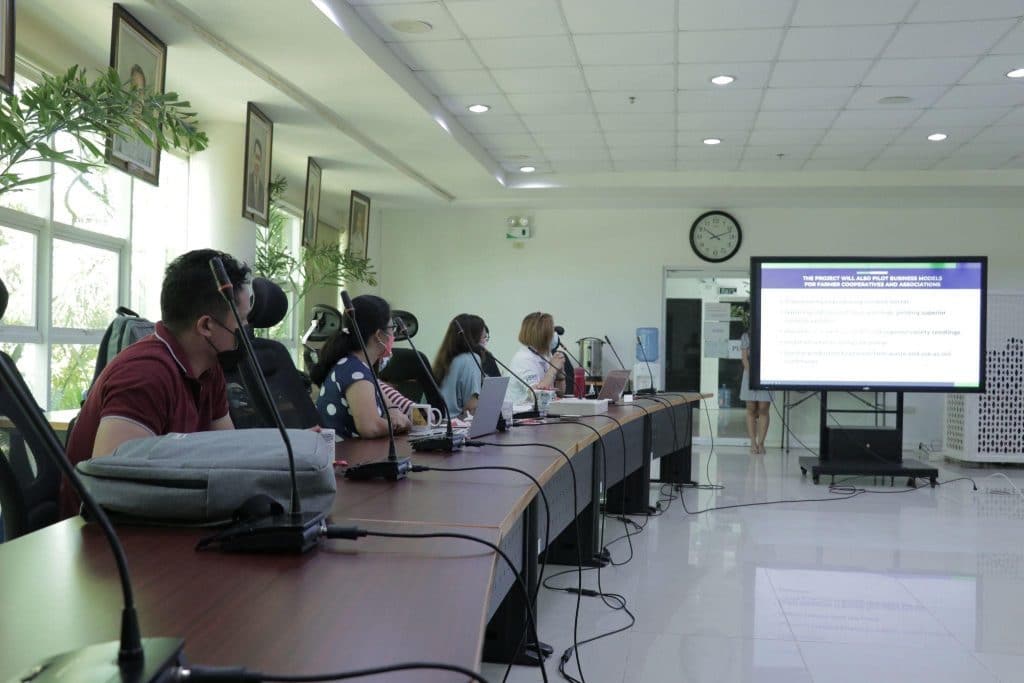
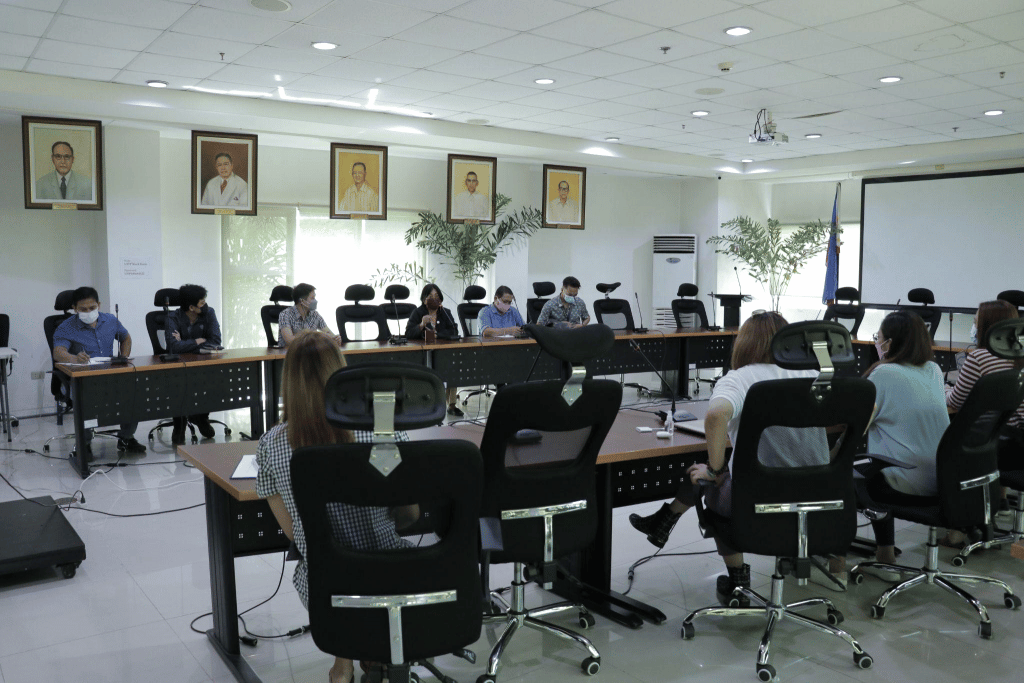
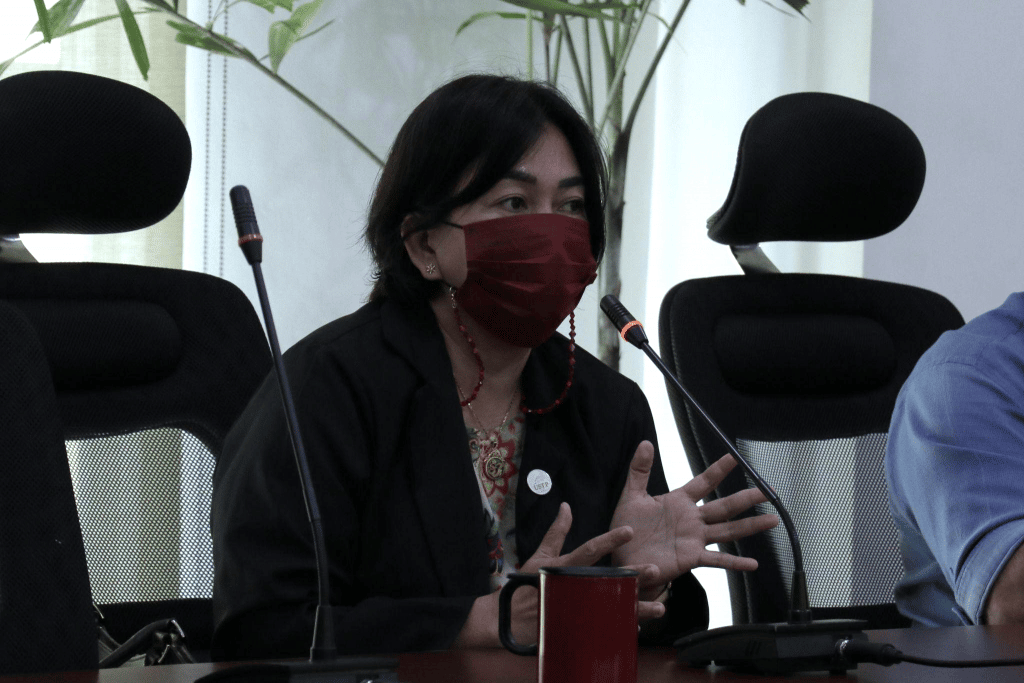
Dr. Maria Teresa M. Fajardo, ECRD Director, spearheading the USTP-PBSP exploratory meeting
The USTP ECRD aims to use the University’s products and services, generated through research and instructional activities, to improve the quality of life of the most depressed communities in the university’s sphere of influence using an integrative approach to community development.
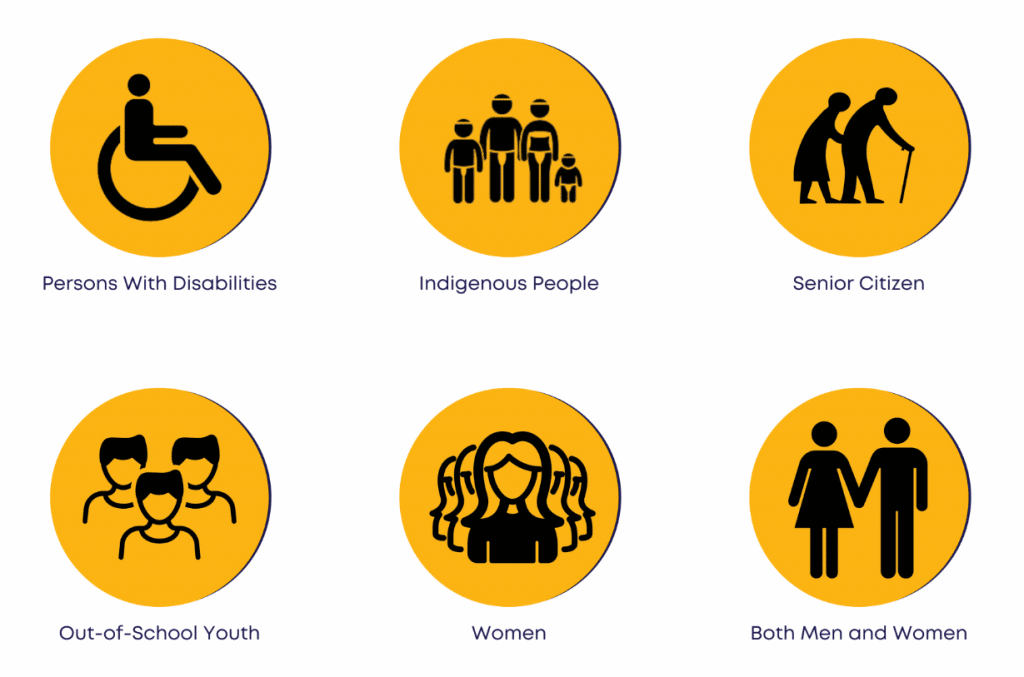
Source: USTP ECRD
The Division also aims to provide the needed high-level expertise to contribute to the industrialization program of the industries in the area.
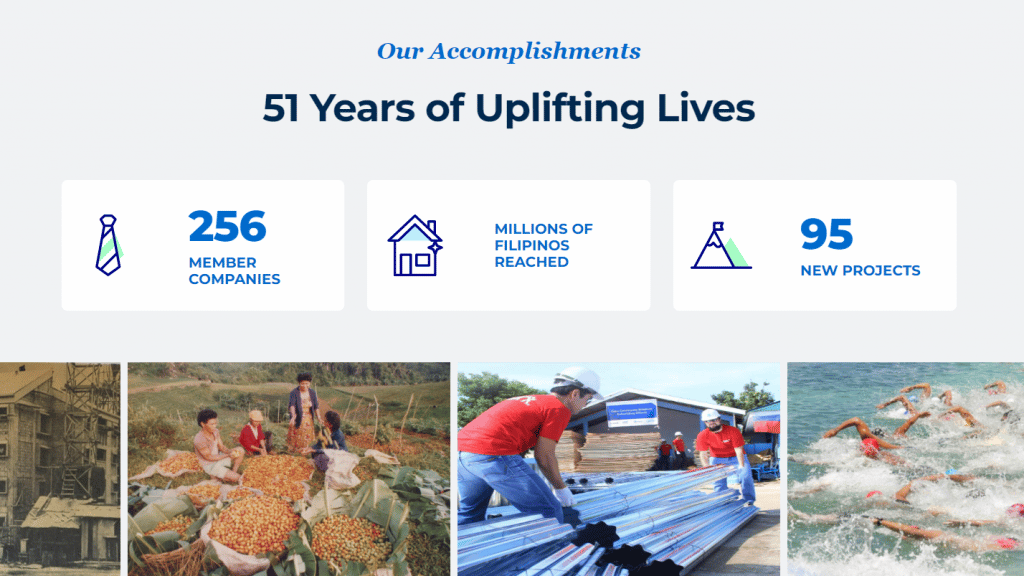
In a similar manner, the PBSP solves complex and systemic problems by employing the Collective Impact strategy. They create sustainable solutions to societal problems, primarily in Health, Education, Environment, and Livelihood and Enterprise Development.
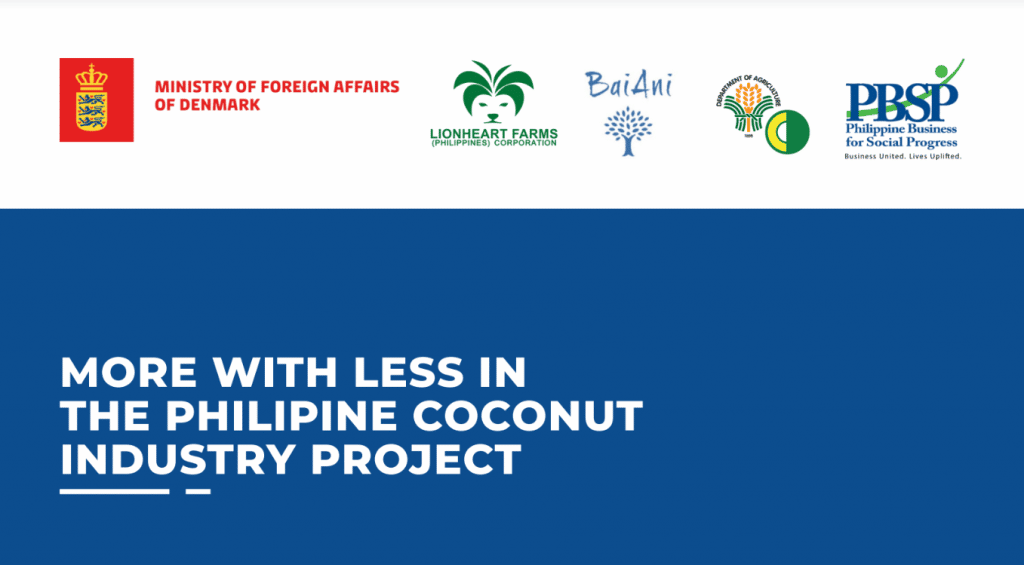
Currently, the PBSP is involved in a five-year project called the More with Less (MWL) in the Philippine Coconut Industry, which is a collaborative effort with the Danish International Development Agency, Lionheart Farms Philippines Corporation, Triple20/BaiAni, and the Philippine Coconut Authority. The project aims to contribute to SDG 8 on “decent work and economic growth” by stimulating higher levels of economic activity in the coconut sector through technological upgrading and innovation, and by focusing on safe and labor-intensive production of high-value-added products from coconut sap.
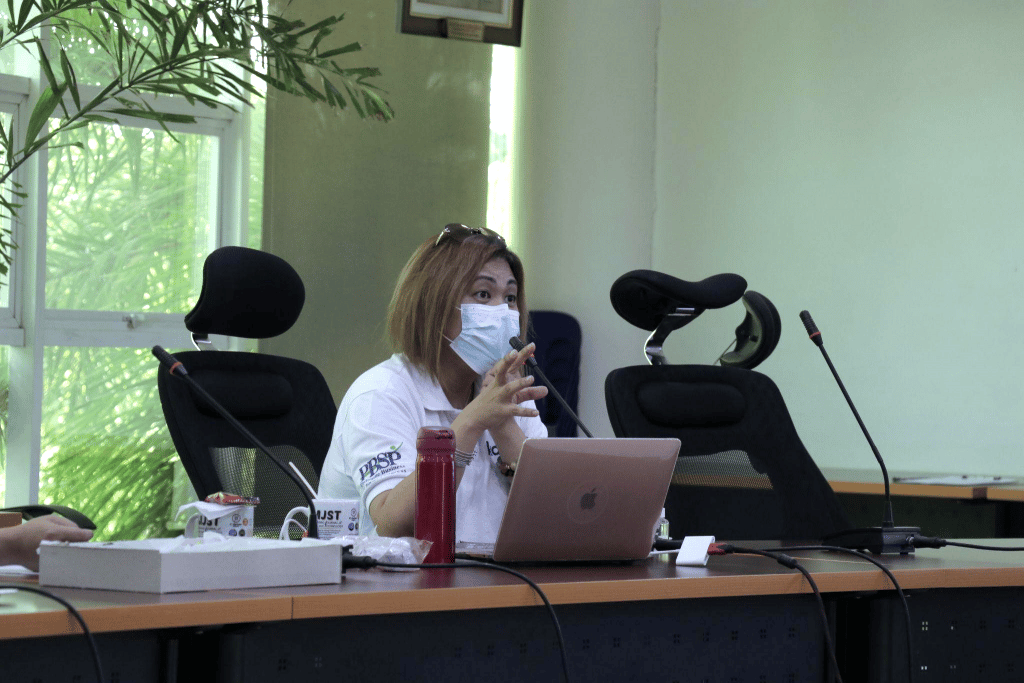
Ms. Jhoie Garcia-Tionloc, Project Manager, PBSP GMI Unit
According to the PBSP, the MWL project will have the following interventions:
- nurseries, breeding gardens, and demo farm;
- capacity building through training of trainers approach;
- advanced tapping tools and equipment;
- coconut waste technological intervention; and
- carbon crediting.
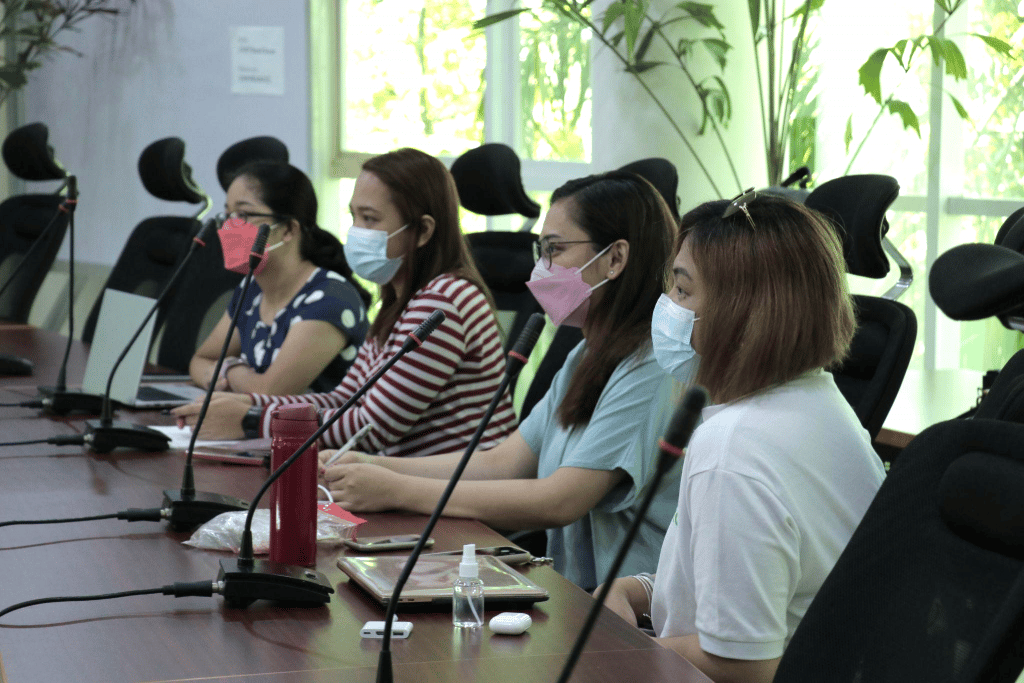
PBSP representatives (L-R): Ms. Maricel Natividad, Ms. Miriam Gutierez, Ms. Lenyrose Apostol, and Ms. Jhoie Garia-Tionloc
Through the MWL project, the PBSP also aims to engage the youth in promoting and supporting sustainable agriculture as a source of livelihood and as a potentially viable enterprise that helps generate jobs and achieve food security.
The USTP ECRD hopes to strengthen the University’s linkages by collaborating with industries and organizations such as the PBSP.
